Uncategorized
-
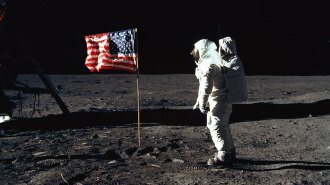
50 years ago, NASA relaxed quarantine rules for returning moon missions
Fifty years after NASA declared that moon missions returning to Earth weren’t a contamination risk, protocols for planetary missions are under review.
By Aina Abell -
 Health & Medicine
Health & MedicineFDA approved a new Alzheimer’s drug despite controversy over whether it works
A new Alzheimer's treatment slows progression of the disease, the drug’s developers say. But some researchers question its effectiveness.
-
 Health & Medicine
Health & MedicineFood that boosts gut microbes could be a new way to help malnourished kids
Malnourished children in Bangladesh fed a food aimed at restoring gut health grew more than those who got a traditional high-calorie supplement.
-
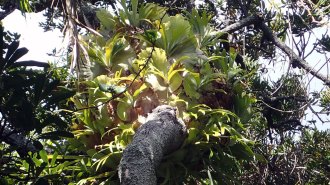 Plants
PlantsThese ferns may be the first plants known to share work like ants
Staghorn ferns grow in massive colonies where individual plants contribute different jobs. This may make them “eusocial,” like ants or termites.
By Jake Buehler -
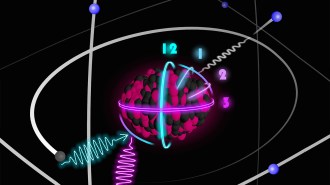 Physics
PhysicsNuclear clocks could outdo atomic clocks as the most precise timepieces
Better clocks could improve technologies that depend on them, such as GPS navigation, and help test fundamental ideas of physics.
-
 Health & Medicine
Health & MedicineAfter 40 years of AIDS, here’s why we still don’t have an HIV vaccine
The unique life cycle of HIV has posed major challenges for scientists in the search for an effective vaccine.
-
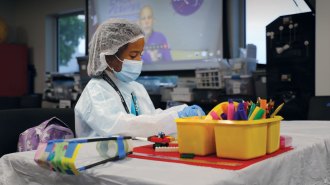 Science & Society
Science & SocietyHow science museums reinvented themselves to survive the pandemic
The pandemic forced science museums to reach out to their communities, and some built a wider following.
By Emily Anthes -
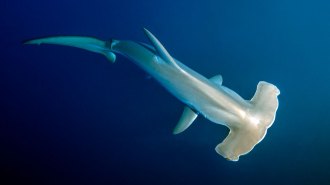 Paleontology
PaleontologySomething mysteriously wiped out about 90 percent of sharks 19 million years ago
Deep sediments beneath the Pacific Ocean revealed a mystery: a massive shark die-off with no obvious cause.
-
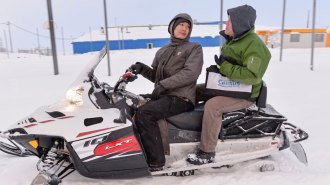 Science & Society
Science & Society50 years ago, scientists predicted steady U.S. population growth
The country’s annual population growth rate, mostly stable since the 1970s, is now the lowest it’s been in over a century.
By Sujata Gupta -
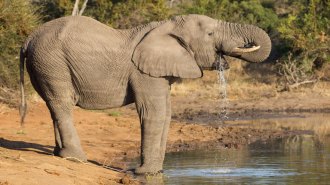 Animals
AnimalsNewly recognized tricks help elephants suck up huge amounts of water
New ultrasound imaging reveals what goes on inside a pachyderm’s trunk while feeding. It can snort water at the rate of 24 shower heads.
By Sid Perkins -
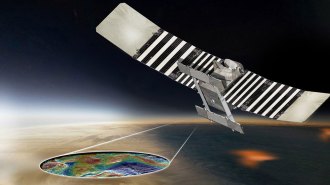 Planetary Science
Planetary ScienceNASA will be heading back to Venus for the first time in decades
Two newly selected missions, VERITAS and DAVINCI+, will explore the history of the planet's water and habitability.
-
 Health & Medicine
Health & MedicineAfter vaccinating 95 percent of adults, a Brazilian city is returning to normal
An experiment to vaccinate all adults against COVID-19 in Serrana shows that widespread immunization drastically cuts hospitalizations and deaths.